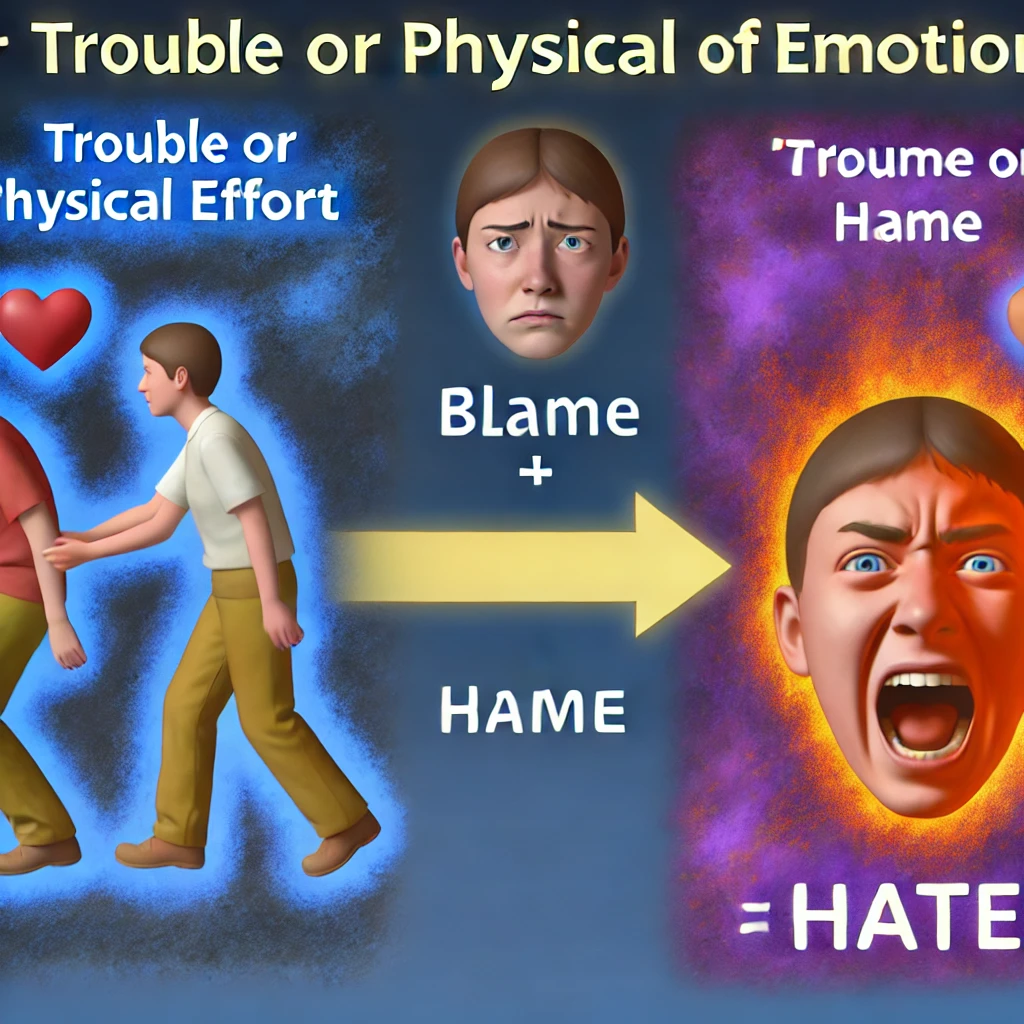In today’s fast-paced world, motivation and mental health are two of the most discussed topics, yet they remain misunderstood. Despite the widespread availability of motivational tools and resources, many individuals struggle with staying motivated in both personal and professional aspects of life. Similarly, depression, often viewed as the absence of motivation, is equally misunderstood. Modern psychology offers various treatments for depression, but its root causes and connection to motivation remain elusive.
According to my Unified Theory of Emotions, motivation and depression are not merely connected — they are opposite ends of an emotional spectrum. Where depression stems from self-blame and dissatisfaction with oneself, motivation emerges from long-term happiness and self-acceptance. This new framework offers a deeper understanding of both mental states and practical steps to transition from depression to sustained motivation.
Understanding the Opposites: Depression and Motivation
Mainstream psychology commonly views depression as a state of persistent sadness or a chemical imbalance in the brain. The American Psychological Association notes that the exact cause of depression is still not fully understood. However, through the lens of the Unified Theory of Emotions, depression can be viewed as an emotional state caused by chronic self-blame and dissatisfaction. In contrast, motivation arises when an individual is aligned with their goals and feels content with themselves.
Depression, in this view, represents a disconnect between the person and their emotional state. A depressed individual is likely to feel as though they have failed to meet certain standards, leading to an emotional spiral of self-blame. On the other hand, motivated individuals are those who feel a sense of purpose, contentment, and alignment with their goals. They are not bogged down by self-blame but are instead fueled by a positive emotional state.
The Emotional Journey from Depression to Motivation
The key to moving from depression to motivation is recognizing that these two emotional states are opposites. While depression is rooted in self-blame, motivation is grounded in self-acceptance and long-term happiness. Addressing depression requires an emotional shift that eliminates self-blame and fosters emotional alignment with one’s goals.
This journey begins by acknowledging and accepting emotions. Individuals often fall into depression by setting unrealistic expectations for themselves and failing to meet them. This creates a cycle of self-blame, where they view themselves as incapable of achieving their goals. The emotional burden of this self-blame erodes motivation.
To break this cycle, individuals need to adopt a mindset of self-forgiveness and set small, achievable goals. When people focus on incremental progress rather than perfection, they create a sense of emotional alignment with their goals. Each small achievement fosters a sense of purpose and gradually shifts their emotional state toward long-term happiness.
Motivation as Long-Term Happiness
One of the most common misconceptions about motivation is that it is a temporary boost of enthusiasm or energy. People often view motivation as a fleeting state that pushes them toward short-term goals. However, in the Unified Theory of Emotions, motivation is not a temporary state — it is a steady, long-term emotional alignment.
Motivation is the result of feeling long-term happiness with oneself. This happiness stems from a balance between one’s emotions, actions, and goals. When individuals feel motivated, they are not only productive but also emotionally resilient. They are able to persevere through challenges because their emotional state is aligned with their goals.
In contrast, depression represents the opposite of this emotional balance. A person experiencing depression is emotionally disconnected from their goals and experiences chronic dissatisfaction. This disconnect creates a barrier to achieving motivation, as the emotional burden of self-blame prevents individuals from taking the necessary steps toward self-acceptance.
How to Foster Motivation: The Emotional Path
Given that motivation is the reverse of depression, the path to cultivating motivation lies in addressing the emotional imbalances that lead to depression. Here are some steps based on the Unified Theory of Emotions that can help individuals foster motivation:
- Acknowledge and Accept Emotions: The first step is to confront feelings of self-blame or dissatisfaction. Suppressing these emotions only deepens the emotional wound. Instead, individuals should acknowledge these emotions and explore where they originate.
- Challenge Unrealistic Expectations: Much of the emotional burden leading to depression is self-imposed. Individuals often set unrealistic expectations for themselves and feel disappointed when they fail to meet them. By challenging these expectations and setting more achievable goals, individuals can begin to build emotional alignment.
- Set Small, Achievable Goals: Motivation thrives on small victories. By setting incremental goals, individuals can create a positive feedback loop that fosters self-acceptance and emotional satisfaction.
- Celebrate Progress: Motivation requires positive reinforcement. Individuals should celebrate their achievements, no matter how small, to build long-term happiness and reinforce emotional alignment.
- Focus on Self-Acceptance: Ultimately, motivation is rooted in self-acceptance. Individuals must recognize that they are a work in progress and that every step forward is meaningful. By accepting their flaws and progress, they create an emotional foundation for long-term motivation.
Conclusion: Motivation as the Foundation of Emotional Well-Being
The Unified Theory of Emotions offers a new framework for understanding motivation and depression. By defining motivation as the reverse of depression, we can see that motivation is not merely a fleeting state but a long-term emotional alignment. Depression, on the other hand, is the result of self-blame and emotional disconnect from one’s goals.
By addressing self-blame and fostering emotional alignment, individuals can shift from depression to motivation, achieving long-term happiness and emotional well-being. This emotional transformation is the key to unlocking both personal and professional success, leading to a more fulfilling and productive life.
